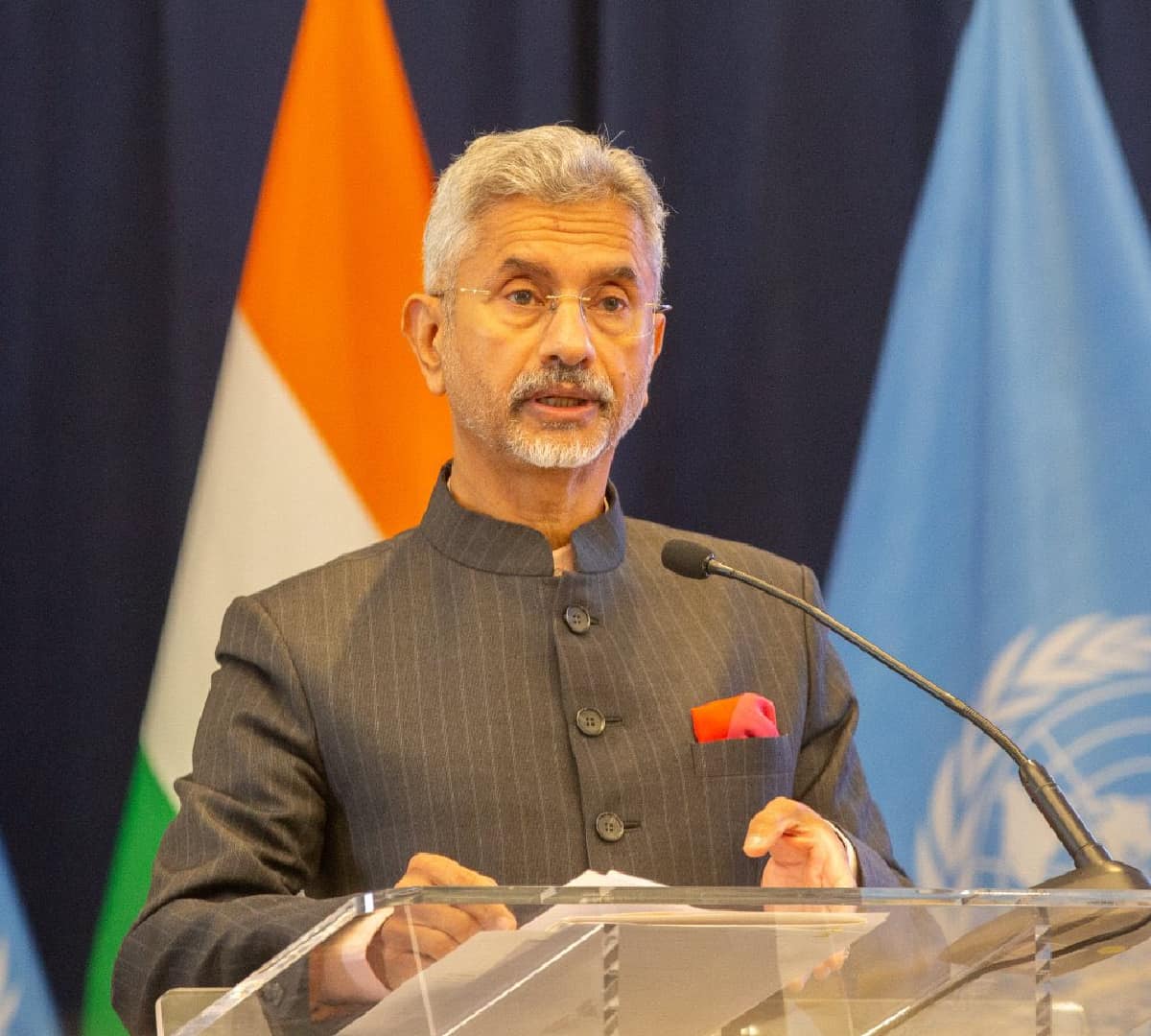
Panaji: Reiterating his stand on India-China border issues, External Affairs Minister S Jaishnakar on Friday made it clear again that the ties between the two countries cannot be normal until peace and tranquillity are maintained on the Land of Actual Control (LAC).
Addressing a press conference at the conclusion of the Foriegn Ministers’ Meeting under the Shanghai Cooperation Organisation (SCO), S Jaishankar was asked to share details about his talks with Chinese Foriegn Minister Qin Gang.
To this, the EAM replied, “The issue is that there is an abnormal position in the border areas, along the boundary. We had a very frank discussion about it…We have to take the disengagement process forward.
“I have made it very clear, publically as well, that India-China relations are not normal and cannot be normal if peace and tranquillity in the border areas are disturbed…” Jaishankar added.
“I have been very consistent about it and I have not changed my position in this meeting either,” he added.
Regarding the China-Pakistan Economic Corridor (CPEC), Jaishankar said, “It was made very clear twice that connectivity is good for progress but it cannot violate the integrity and sovereignty of states.”
“This has been our long-standing position and nobody should have any doubt about it and I assure you nobody in this room has any doubt about it. I made sure of that,” Jaishanakar added.
China’s CPEC projects in Pakistan have slowed down due to the prevailing economic crisis in the neighbouring country.
Pakistan has been slow to complete infrastructure projects and China has been slow to fund new ones, reported Foreign Policy.
Citing a case in point, the report said a reactor that was inaugurated by Pakistan Prime Minister Shehbaz Sharif in February was funded by China to strengthen Pakistan’s energy security. The work on the reactor began in 2016 after the launch of the China-Pakistan Economic Corridor (CPEC).
The slowing pace of the CPEC projects is not only because of the ongoing economic crisis in Pakistan as it cannot afford the infrastructure loans extended to it, but also due to Beijing’s own economic slowdown.
